Optimism, collaboration, and fearlessness for Transition Management
The ongoing COVID-19 pandemic has shocked society and industry alike. Concerns about issues of climate change, health, safety, and equity have grown alongside questions about the future of Canada’s economy and a ‘green recovery’. It has been a critical period for industries to pivot and reconsider their value proposition for the future.
Commercial real estate is no exception to this wave of change. In a recent ASI Network conversation with Steven Pacifico, Vice President of Sustainability, Innovation and National Programs at Epic Investment Services, he shared his perspectives on today’s unique window of opportunity for the future of the commercial real estate industry. He celebrated new innovations and policies in this space, and offered advice for young professionals who want to lead the transition.
Optimism, collaboration, and fearlessness were recurring themes throughout the conversation. Here are some highlights from a lively discussion with ASI’s Joanna Sugunathazan:
Optimism: The Future’s Looking Bright
Understandably, conversations surrounding tumultuous times can be filled with doom and gloom. A pandemic, climate disasters and social inequity are at the centre of many peoples’ concerns and uncertainties about the future.
As for the commercial real estate industry, Steven is optimistic. Despite the transition to work-from-home and hybrid solutions for many organizations, leaving commercial office space temporarily unused, he believes commercial spaces can always be repurposed to meet community needs. The industry has risen and adapted to the circumstances of the pandemic, and more investors are now seeing the need to build resilient buildings and consider ESG factors. New innovations, such as the use of low-impact material (i.e., concrete, wood, steel) and frameworks (i.e., Zero Carbon Building Standard) are creating exciting opportunities. The industry is moving towards having net-zero environmental impact and integrating biomimicry principles to achieve this.
Collaboration: Change Cannot Happen Alone
Steven believes sustainable, socially equitable change within any industry is dependent on active collaboration between key industry players. Organizations must collaborate not only internally, but with their allies and with their competitors. In his experience, not only does this allow for capacity building and resource sharing to pursue new innovations and standards, but it positions industries to collectively push for new policies and incentives before government regulation.
Steven described how he recently collaborated with industry associations and the provincial government to push for the standardization of waste management practices across Ontario. The strategic positioning and collective capacity of key industry players spurred the adoption of a streamlined and progressive waste initiative at the provincial level.
In explaining his success, Steven expressed the importance of understanding your audience and building bridges. He highlighted the need for young professionals to actively cultivate professional relationships and seek mentorship. He stressed that intergenerational collaboration is critical to tackling complex sustainability issues, and encouraged young professionals to share their ideas.
Fearlessness: Take the Risk
Leaders tackling issues of sustainability and social equity are challenged with working through ambiguity, uncertainty, complexities.
Steven shared his own experiences taking risks and noted that he practices a fearless approach to drive change. In mentoring young professionals, he encourages them to be bold in sharing their ideas regardless of the seniority of whoever is sitting at the table. He stressed that the issues we are faced with today require all hands-on deck, and the potential for change when we challenge the status quo is endless.
This behaviour is a key characteristic of transition leaders. Fearlessness at the individual level can be reflected and paid forward at the industry level, empowering key players to take the risks necessary to contribute to a sustainable, socially equitable future.
Steven’s transition leadership is an inspiring example of the change and leadership skills needed for Canada to develop a low carbon and socially inclusive economy.
ASI Network is a live conversation series hosted by Joanna Sugunathazan, ASI Research and Program Officer, and co-created with diverse industry changemakers who are leading the transition to a low-carbon, socially inclusive economy.
Check out more ASI Network interviews on our Stories page.
Don’t miss upcoming ASI Network conversations: Join the ASI community today!


